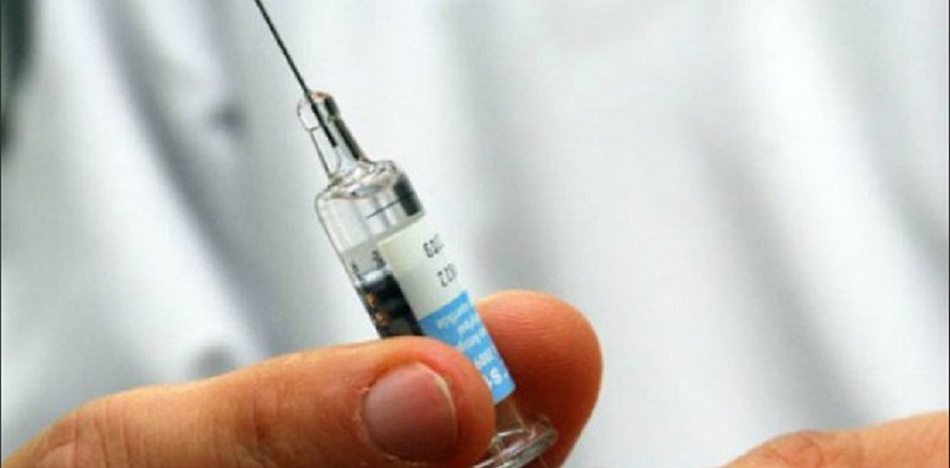
EspañolAfter receiving warnings of a potential diphtheria outbreak, thousands of Venezuelans took to the streets to get the vaccine and found themselves confronted once again with the reality of their country’s crisis: there was not enough treatment to address an epidemic.
Five people have already died from diphtheria in Carabobo. The state’s Governor, Rafael Lacava, promised to set up makeshift vaccination centers by October 26, by which time more than 800 people were reportedly lined up in hopes of receiving one. Only 150 managed to get a shot.
President Nicolás Maduro and his regime have maintained their refusal to accept humanitarian aid, leaving Venezuelans in constant fear of contracting diseases that don’t pose a threat in other countries.
Lo de la Difteria es grave. Cada dia +casos sospechosos.Vacunas se acabaron No hay antitoxina difterica en hospitales.No hay penicilina cristalina ni eritromicina para los alergicos a la penicilina. No hay benzetacil para los contactos! Los políticos solo hablan de elecciones!!
— Nitu Pérez Osuna (@NituPerez) October 23, 2017
The Diphtheria problem is serious. Each day more suspicious cases arise. There are not enough vaccines. Hospitals don’t have anti-toxins to treat the disease. There is no crystal penicillin or eritromicina for those who are allergic to penicillin. There is no benzetacil either! Politicians only worry about the elections.
Diphtheria is an extremely contagious disease caused by a bacillus, which affects the nose, throat and larynx while producing fever and trouble breathing. Venezuela eradicated it in the 1940s, but it has reappeared due to government neglect.
The main hospital in Carabobo suspended their ER room on the Internal Medicine floor after the outbreak of the virus, creating desperation and concern from residents of the area. Local universities such as Jose Antonio Paez asked their students to use masks as a preventative measure until the government takes action.
The National Institute for Health (Insalud), in charge of the distribution and application of vaccines, tweeted three cites for tetanus and diphtheria shots, but the thousands of Venezuelans who showed up there were not all able to receive a shot.
https://twitter.com/AndrewsAbreu/status/923551691286417408
Venezuela’s public health system has gone back in time nearly 50 years, some experts have said. Vaccination coverage should reach at least five million doses, yet about two million people, mainly adults and adolescents, continue living in high-risk areas without them. Approximately 500,000 workers and health professionals remain in direct contact with infected persons.
Juan Carlos Yánez, President of Insalud, told people to remain calm, and claimed that the government has enough vaccines to meet demand.
“We have activated all the protocols that govern this pathology, where all people close to a suspected case have been given the necessary care, which consists of prophylaxis and its vaccination, until the sustained monitoring of epidemiological surveillance,” he said in a press release.
He asked citizens not to confuse symptoms of tonsillitis with diphtheria. “If someone has a sore throat, fever and inflammation of the neck, they should go to the nearest health center for evaluation by a specialist.”
Sources: El Nacional; Venezuela al Día
 Versión Español
Versión Español












